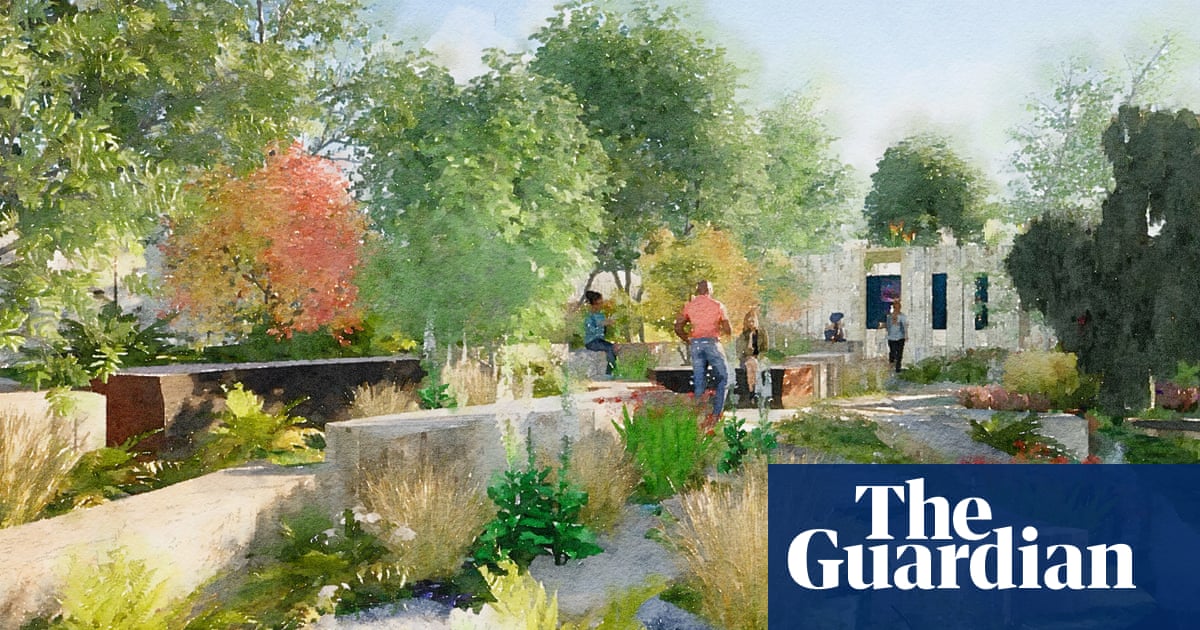
Hardcore gardeners sometimes, when no one else is listening, talk quietly to their prize blooms. But at next year’s Chelsea flower show, visitors will be encouraged to have a chat with its first ever AI-powered garden.
The garden designer Tom Massey has partnered with Microsoft to create the Avanade “intelligent” garden. Sensors in the soil are partnered with an AI trained on Royal Horticultural Society plant data and gardening advice, meaning visitors can ask the garden: “How are you?”
Massey said: “It could answer: I need a bit more water, I can do with a haircut, maybe.”
As well as making gardening easier and more fun, Massey said it could have wider applications. The wireless sensors hidden in the soil measure moisture, nutrient levels, acidity and alkalinity. These will connect to a computer in a pavilion in the garden, which people will be able to consult to see how the garden is doing.
“It’s supposed to be interactive,” Massey said. “It’s supposed to be showcasing this really kind of new emerging technology, and also saving resources.”
He said the simple sensor technology could be rolled out across large estates, so rather than having automatic watering systems which switch on depending on the time, the plants are only watered when the soil moisture drops below a certain level.
“We are wasting so much water and London is at risk of running out of water in coming years,” he said. “Imagine how much water you could save in a big development if you only use water when needed. Irrigation systems come on at a regular time to water, whether it’s needed or not.”
The garden itself would not be futuristic in its design, he said. “We wanted it to feel green and organic and earthy.” It will feature mushrooms as well as climate-resilient trees, which will be monitored by an AI assistant, and lots of peaceful green planting.
The RHS has adapted its system to be as energy efficient as possible. Jon Simpson, the society’s director of IT, said: “With AI, you do have the question of, does it consume more energy using data centres, so yes it can be detrimental but it’s about how you use it. What we are doing is training more traditional AI models against the RHS database, which is basically called a small language model, which is far more efficient and effective.”